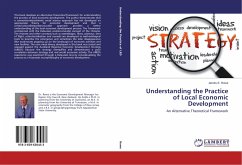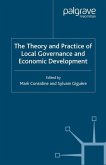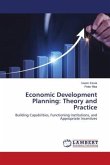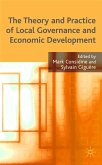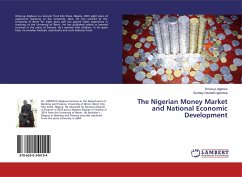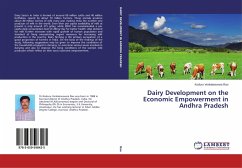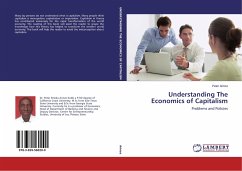This book develops an alternative theoretical framework for understanding the practice of local economic development. The author demonstrates that a conventional/positivistic social science approach has not developed an appropriate theory for economic development and that a constructionalist/poststructuralist approach provides a better understanding of the local economic development process. The framework commenced with the Deleuzian poststructuralist concept of the rhizome. The rhizome and other concepts such as assemblages, flows, plateaus, lines of flight, reterritorialisation and nomads are developed as methodological tools to describe the emergence and sometimes the later disappearance (like mushrooms popping up on the landscape) of economic activities and new facilities. The core meta-theory developed in this book was tested and assessed against the Auckland Regional Economic Development Strategy (AREDS) because the strategy exemplifies and demonstrates a poor correlation between strategy and real world economic activity. The AREDS experience was examined through a Deleuzian lens by conceptualising the process as a rhizomatic econphilosophy of economic development.
Bitte wählen Sie Ihr Anliegen aus.
Rechnungen
Retourenschein anfordern
Bestellstatus
Storno

